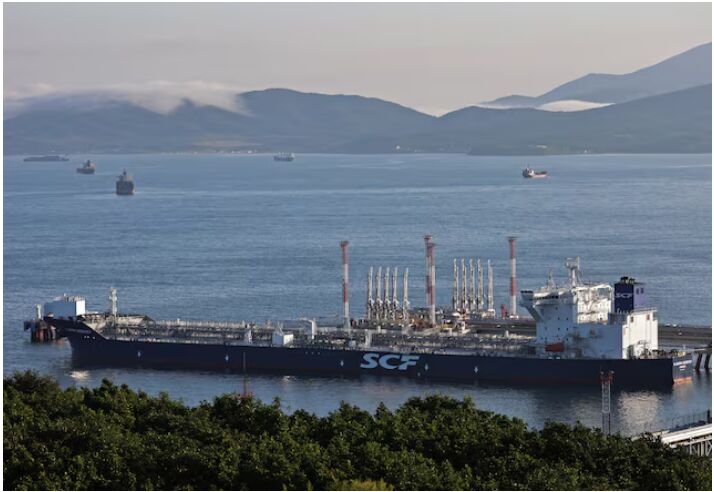Mohsen Qamsari emphasized that without coordination and an unsubstantiated increase in supply, the global market could once again enter a price war phase.
Qamsari commented on the recent OPEC+ decision, stating: "Although the move may appear aimed at stabilizing the market, increasing supply without proportional demand growth could lead to greater instability and erode market confidence."
He stressed that if the decision is not properly managed and coordination among other OPEC+ members is lost, the oil market could slide back into instability. "In such a scenario, countries with higher production capacity and lower costs could push competitors out of the market, but ultimately, all producers would suffer from sharp price declines," he added.
Oil market under the shadow of summer stockpiling
Qamsari noted that if producers engage in overt or covert competition to maintain or increase market share—especially amid a supply surplus—the market could enter a "price war."
He recalled that this scenario previously occurred between 2014 and 2016 when competition between traditional oil producers and new players like US shale led to a severe price crash.
Discussing current market conditions, he said: "While global oil consumption doesn’t rise as much in summer as in winter or the Northern Hemisphere’s colder months, this period typically sees increased stockpiling by many countries. Thus, although daily demand may appear lower, overall demand remains significant."
He added that analyzing oil price trends requires more than just supply and demand factors—geopolitical developments, market expectations, and unilateral decisions by major players also play a role. "History shows that prices can fluctuate suddenly, defying traditional supply-demand logic," he said.
Hasty decisions threaten OPEC+
Qamsari stated that the oil market’s future depends on multiple variables, including global economic fluctuations, US and European monetary policies, strategic oil reserves, China’s economic growth, and geopolitical tensions. "Unilateral decisions or those made without considering broader market conditions could backfire," he warned.
He emphasized that the oil market today needs consensus, transparency, and trust more than ever. "Past experience shows that when producers act without unity, the result is instability, extreme price volatility, and a weakened OPEC and OPEC+," he said. "Returning to collective coordination and cohesive decision-making is key to safeguarding long-term member interests."
Qamsari noted that with fluctuating global demand and the rise of new producers, the oil market requires more mature policymaking. "Rushed decisions not only harm members but could also jeopardize the entire OPEC+ framework," he said. "Iran, through smart policies and leveraging its technical, diplomatic, and economic capacities, can play a key role in maintaining balance and strengthening its regional and global position."
Iran’s high potential for returning to the global oil market
Qamsari highlighted Iran’s position in the global oil market, stating that while sanctions have marginalized the country, shifts in global supply and demand remain strategically important for Tehran. "If sanctions are lifted and Iran returns to the global market, relative stability and predictable prices could benefit its economy and help reclaim lost market share," he said.
He outlined key factors for Iran’s future role, including high production capacity, significant reserves, skilled workforce, sanctions relief, export infrastructure restoration, and market trust.
OPEC+ adjusts supply cuts
Eight OPEC+ members decided on May 31 to gradually phase out a combined 411,000 barrels per day in voluntary production cuts over three months starting in July. The move comes amid low oil inventories and positive market signals, with expectations of continued equilibrium. However, members stated that adjustments could be paused or reversed depending on market conditions to ensure stability.


Your Comment